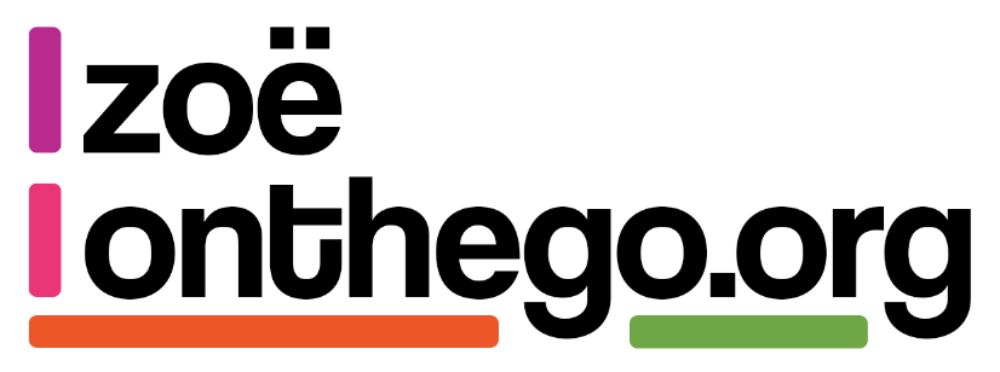At a leadership conference recently there was an interesting debate about whether people perceived making a change or making progress to be more important.
Everyone on my table voted for making a change, my vote initially was for making progress, and so we debated what the difference was.

For me, change can be positive or negative. A negative change isn’t necessarily bad, you can learn from it, but it won’t necessarily move you in the right direction. If you don’t know what outcome you’re looking to acheive or how you will measure whether the change has had the effect you want, how do you know if the you have delivered value or not. There is little value in making changes just for the sake of it.
Progress to me means you are moving in the right direction, towards the outcomes you are looking to acheive. It can be slow, or achieved in small increments, but it is always valuable.

But both good changes and delivering progress both depend on you knowing the outcomes you are looking to achieve, and in my experience that is where organisations tend to struggle most.
They can say what they think the problems are, recognise that things are right, and be willing to make changes to help themselves make progress, but a lot of the time the changes are superficial, offering what are thought to be quick solutions to what are actually much deeper problems, and so the progress is slow and painful.
To transform an organisation and the services it delivers requires a massive change in how the organisation is structured, and more importantly how it thinks.
In my experience this change often starts within Digital, because the organisation views its technology or digital teams as not delivering. And yet the teams can not deliver because the organisation can not express the outcomes it is seeking to achieve or understand the wider problems it is seeking to fix.
This is why user research and business analysis are so important. Why we run Discoveries and encourage service design approaches that span the organisation as a whole, rather than remain within the silos the organisation has structured itself into.
These conversations can be uncomfortable, they challenge hierarchies, organisational structures and traditional assumptions, but they are there to help. Service Design and Product Management is about fostering and supporting those people able to lead those critical conversations, creating the environment we need to deliver outcomes for users and value for organisations.
Being transparent about what the real problems are, and open to new ideas and approaches at an organisational level is key if we want to change and adapt in order to make progress.
When looking to make changes its important to consider the environment we are working within. No conversation is best done via board papers or email, it is best done in the room face to face.
If we can’t move to a culture that values the time and commitment it takes to have those conversations then we must acknowledge that any progress we make will be slow and painful and not deliver any real value or acheive the outcomes we were looking for.
But for all that, recognising that change is needed is the best first step. Stepping up and admitting there is a problem that needs fixing in order to allow you to make any progress against the outcomes you want to acheive is not always easy, but it is important and something we should talk about more.

Needing to change doesn’t mean you have failed or not made progress or delivered no value. It just means you have learnt from what you have done, and recognise there is still more to do and we should celebrate that and talk about it more positively.
Originally posted on Medium
